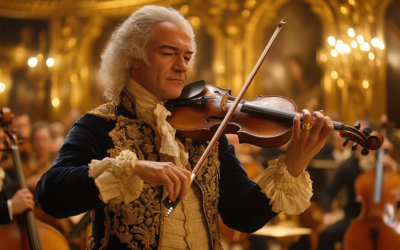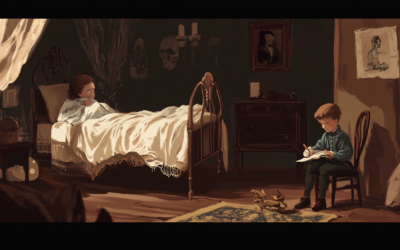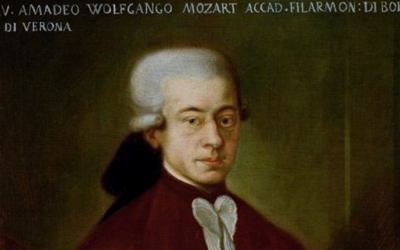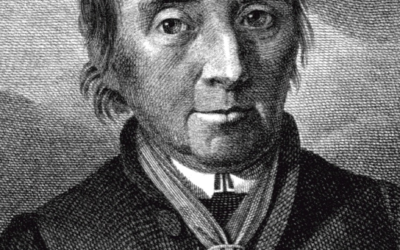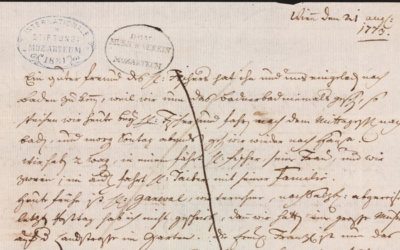Unraveling Myths and Reality
The Legend of Mozart's Miserere
The enduring popularity of the narrative surrounding Mozart’s Miserere highlights the allure of the prodigy myth, but as we peel back the layers, we uncover a more nuanced picture of his life and the musical landscape of the time. The reality often contrasts sharply with the romanticized tales that have shaped our understanding of his genius.
Mozart: The Fall of the Gods
This book offers a fresh and critical look at the life of Wolfgang Amadeus Mozart, challenging the myths that have surrounded him for centuries. We strip away the romanticised image of the “natural genius” and delve into the contradictions within Mozart’s extensive biographies. Backed by nearly 2,000 meticulously sourced citations, this work invites readers to explore a deeper, more complex understanding of Mozart. Perfect for those who wish to question the traditional narrative, this biography is a must-read for serious music lovers and historians.
"The story of Wolfgang’s supposed transcription of the Miserere is a fabrication by Leopold, intended to enhance their status in Salzburg."
Mozart: The Fall of the Gods
The story of Wolfgang Amadeus Mozart’s encounter with Gregorio Allegri’s famous Miserere is one of the most cherished legends in musical history. It paints a picture of a young prodigy who, upon hearing the piece during Holy Week in Rome in 1770, memorized it and secretly transcribed it, defying the Church’s prohibition against copying sacred music. This tale has captivated generations, but how much of it is rooted in truth?
According to the narrative, Mozart and his father, Leopold, arrived in Rome during Holy Week, determined to experience the revered Miserere sung in the Sistine Chapel. The legend suggests that Mozart skillfully concealed his manuscript in a hat to make corrections after the performance. This act of musical daring supposedly garnered admiration from the assembled audience, including the famed castrato, Cristofori, who sang the piece.
However, this romanticized account raises several questions. The journey from Florence to Rome was arduous, taking five days, marked by inclement weather. Upon their arrival, Leopold wrote letters detailing their experience, yet he didn’t mention any noteworthy aspects of the Miserere performance on the day they attended the service. Instead, he described the difficulties of their travels and encounters with various dignitaries.
In our book, Mozart: The Fall of the Gods – Part I, we point out inconsistencies in this tale. Notably, the Mozart family arrived late and had not yet registered or presented their letters of recommendation, making it impossible for them to enter without proper accreditation. The Miserere of Allegri was performed on the Wednesday of Holy Week, but it was also customary to perform a different version by Tommaso Bai the following day. Leopold’s accounts do not clarify whether they heard Allegri’s work or Bai’s, leading to speculation that the details may have been conflated over time.
Additionally, the supposed prohibition against copying the Miserere is now widely regarded as a myth. Copies of Allegri’s work circulated freely in England and elsewhere, and even a musician in the Papal Chapel had obtained a copy for the English traveler Charles Burney during the same year. This suggests that the Miserere was not the closely guarded secret it was purported to be.
Despite the legend, it appears that Mozart may not have executed the extraordinary feat of transcribing the piece as widely believed. The practicalities of the situation—such as the lack of a keyboard in their cramped lodging—render it unlikely that Wolfgang could have composed a faithful version of the intricate Miserere from memory. In fact, as he would later demonstrate in his life, Mozart was unable to compose without access to a clavier.
The enduring popularity of this narrative highlights the allure of the prodigy myth surrounding Mozart. However, it also serves as a reminder of the complexities of historical interpretation. The reality of Mozart’s experiences is often overshadowed by the enchanting tales that surround them, complicating our understanding of his musical development.
As we peel back the layers of this legend, we uncover a more nuanced picture of Mozart’s life and the musical landscape of the time. The Miserere incident reflects not only the boy’s burgeoning talents but also the cultural and historical contexts in which he operated—contexts that were rife with exaggeration and myth-making.
In the end, while the story of Mozart and the Miserere may be steeped in legend, it is essential to approach such tales with a critical eye, recognizing the difference between the romanticized narratives of musical genius and the more complex realities of artistic development.
For a deeper understanding of the details and inconsistencies surrounding this legend, we invite you to read our book, Mozart: The Fall of the Gods – Part I, which elaborates on all the particulars and demonstrates that Mozart NEVER transcribed the Miserere. This is a tale concocted by Leopold.
You May Also Like
The Violin Concertos: Mozart’s Borrowed Genius
Mozart’s violin concertos are often celebrated as masterpieces, but how much of the music is truly his? This article delves into the complexities behind the compositions and challenges the authenticity of some of his most famous works, revealing a story of influence, imitation, and misattribution.
#2 The Hidden Truth of Mozart’s Education
In this video, we uncover the hidden truth behind Wolfgang Amadeus Mozart’s early education and challenge the long-held belief in his effortless genius. While history often celebrates Mozart as a child prodigy, effortlessly composing music from a young age, the reality is far more complex.
The London Notebook
The London Notebook exposes the limitations of young Mozart’s compositional skills and questions the myth of his early genius. His simplistic pieces, fraught with errors, reveal a child still grappling with fundamental musical concepts.
The Mozart Question
In this revealing interview, we delve into the lesser-known aspects of Wolfgang Amadeus Mozart’s life, challenging the long-standing myth of his genius. A Swedish journalist explores how Mozart’s legacy has been shaped and manipulated over time, shedding light on the crucial role played by his father, Leopold, in crafting the career of the famed composer.
Georg Nissen and the Missing Notebooks
After Mozart's death, his widow, Constanze, found a steadfast partner in Georg Nikolaus von Nissen, a Danish diplomat who dedicated his life to preserving the composer's legacy. Nissen not only compiled an extensive biography of Mozart but also uncovered and...
Letters Under Surveillance
In a world without privacy, Leopold Mozart’s letters were carefully crafted not just to inform but to manipulate perceptions. His correspondence reveals a calculated effort to elevate his family’s status while avoiding any mention of failure or controversy.


